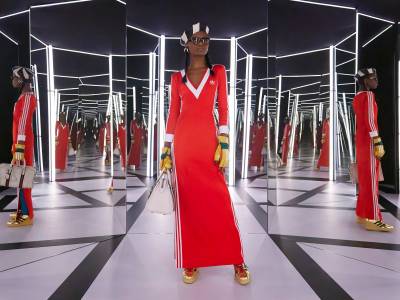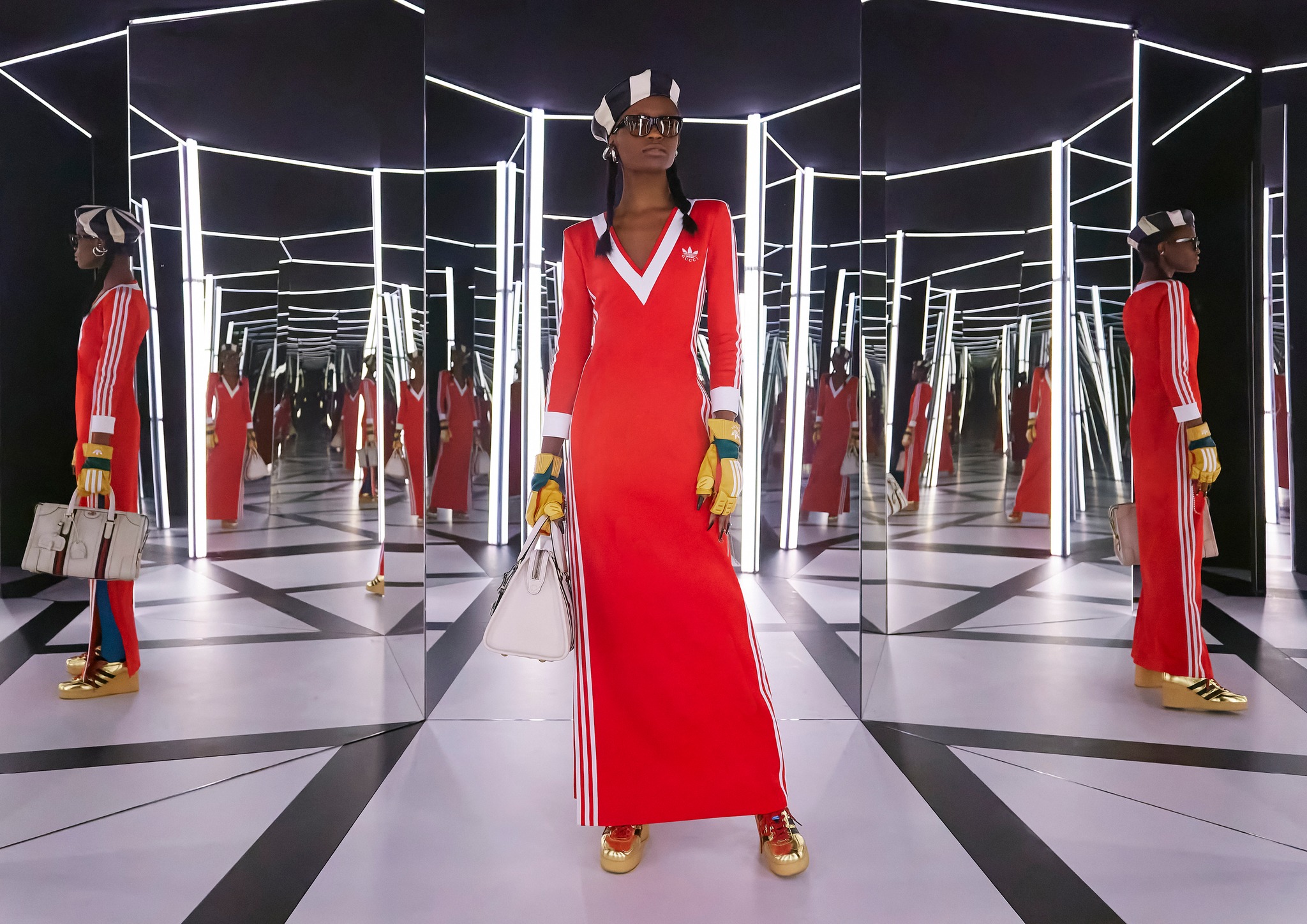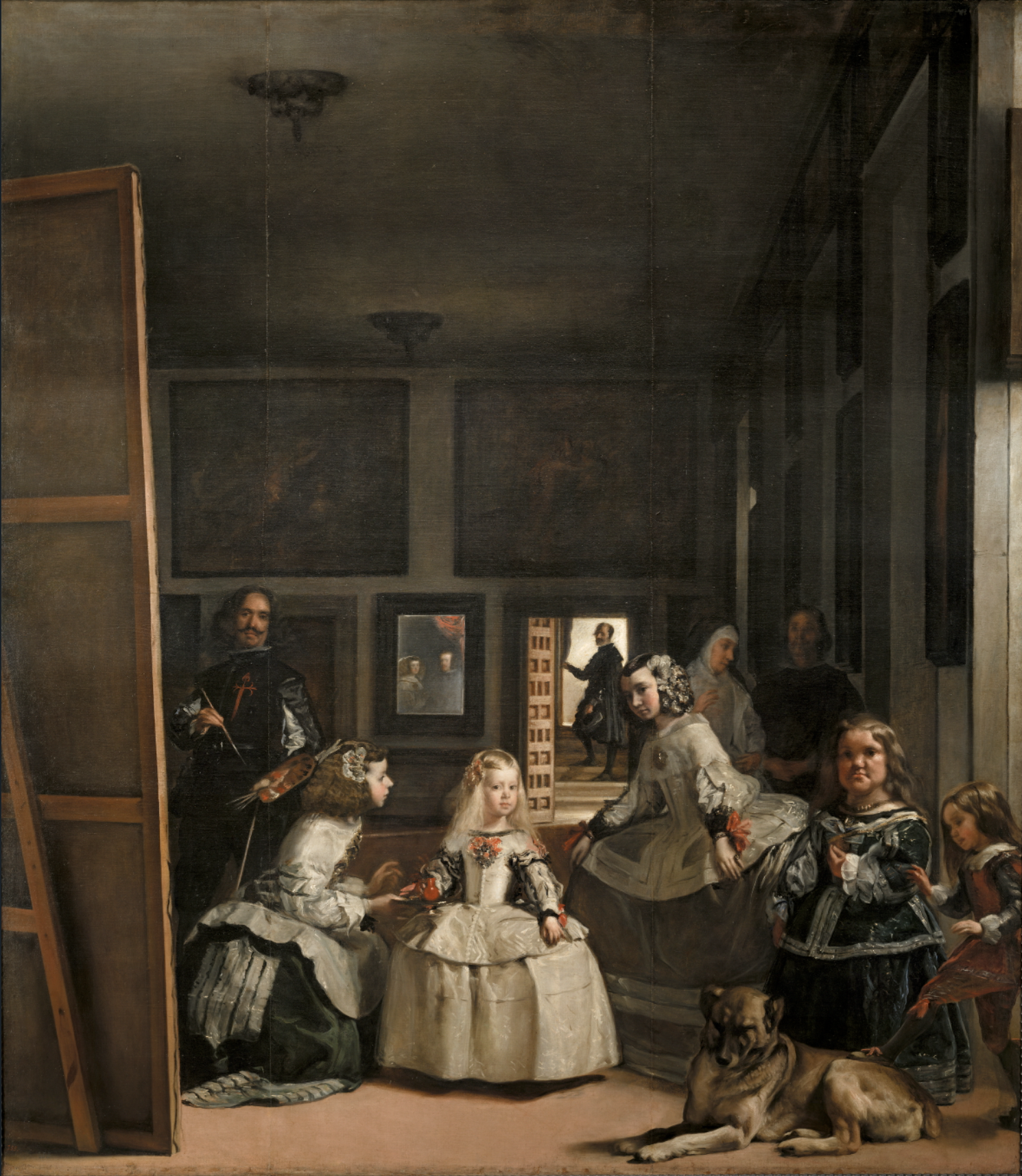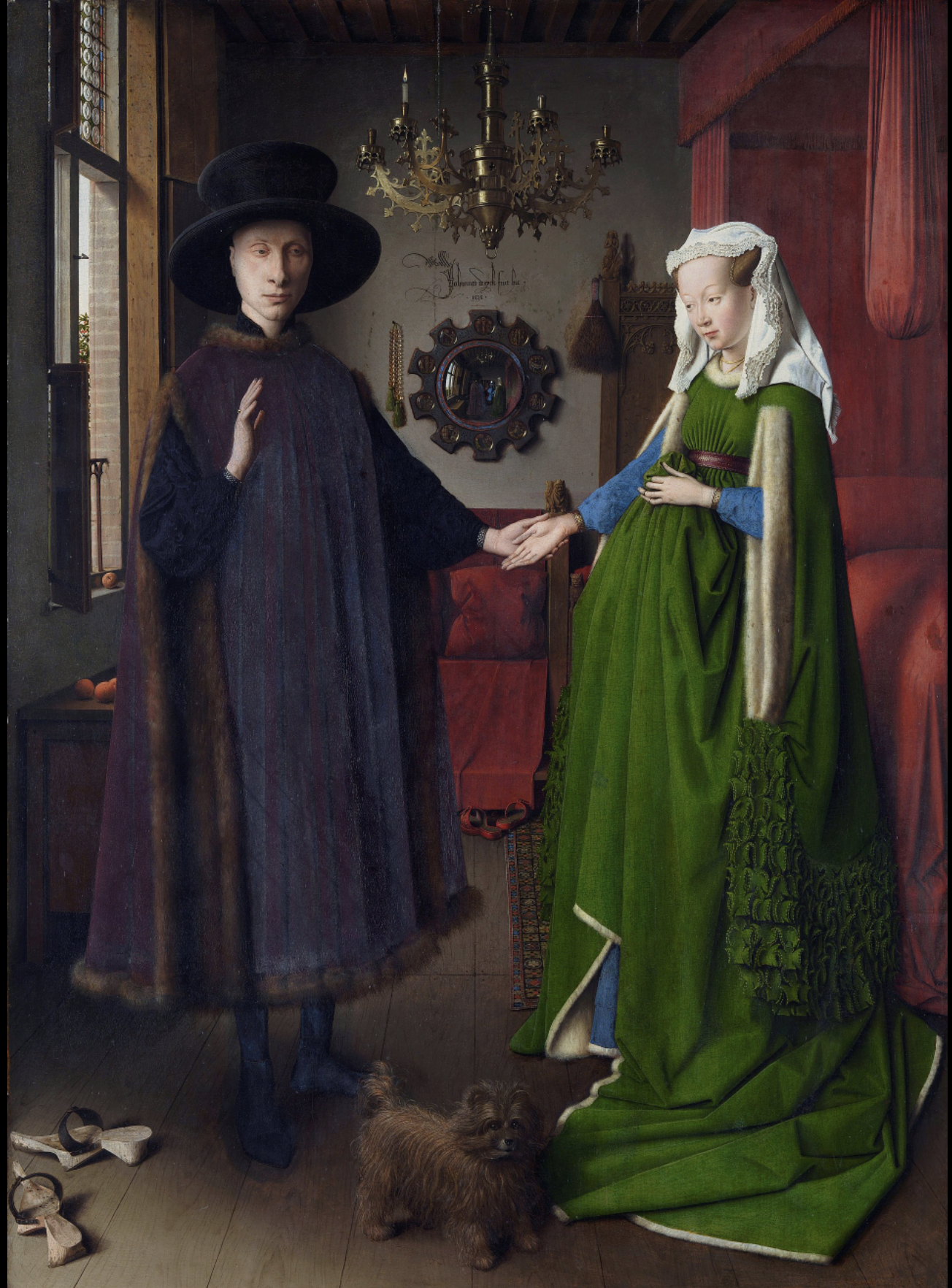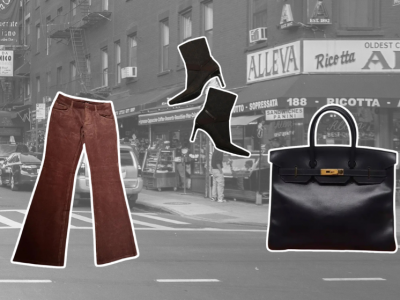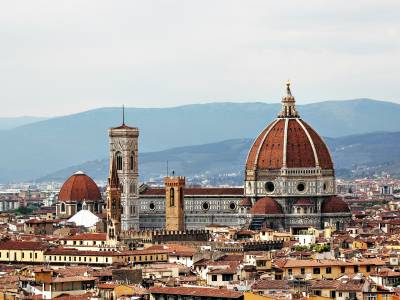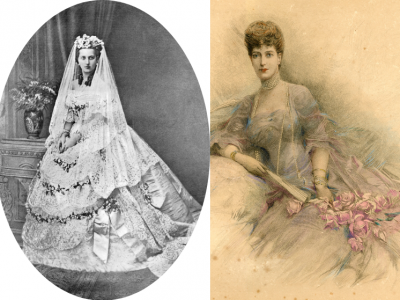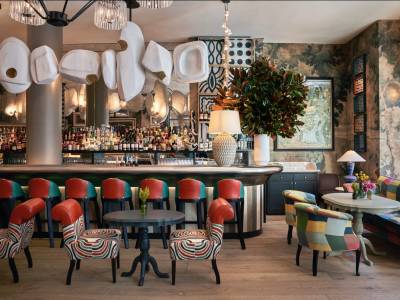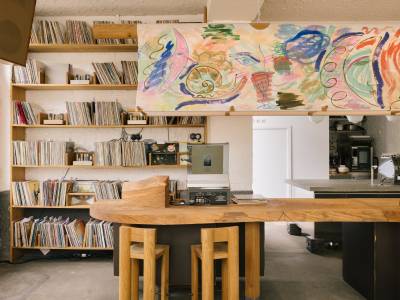Presented by Modern Art Museum, Shanghai
It is human nature to want to see your reflection in a mirror. It is impossible to fully know yourself without seeing your physical appearance to the world. Mirrors have thus accompanied humanity through all of its history, evolving from slabs of polished stone and metal to forward-facing cameras in smartphones. This urge to see oneself transcends culture and society, and mirrors have taken on enormous symbolic and philosophical meaning over time.
The relationship between humanity and mirrors is contentious. It is rarely a simple encounter. To confront yourself and to come to terms with your physical appearance can be a destabilising experience. For a rare few it can be transcendent. A reflection can still be a burden for the beautiful. This is the cruel, pragmatic reality of beauty and human nature. Mirrors open a new dimension of perception by blurring interiority and exteriority, and forever change a person's interrelationship with the world.
The thematic power of mirrors played a powerful role during the recent Exquisite Gucci fashion show in Milan. Indeed, the collection itself was a fantastic example of why Gucci is at the vanguard of contemporary fashion. The broad range of references and influences seen on the runway was a memorable display of Gucci's Creative Director Alessandro Michele's uncanny ability to take disparate, seemingly unrelated elements and shape them into a compelling, collective whole. The show's reference to the Surrealist party game Exquisite Corpse, where a beautiful verse was created from a compilation of words and phrases, has much to do with Michele's creative approach for Gucci. In Michele's recent presentation, mirrors were both a framing mechanism and transcendent device to express his eclectic and deft creative vision.
Every day we both form and construct ourselves in front of the mirror. However, mirrors are at once ephemeral and outgoing spaces - they are immaterial worlds that cease to exist once one looks and walks away. One cannot live in front of a mirror, but we recall its reflective ability with us as we go about our daily existence.
In Lewis Carroll's Through the Looking Glass, Alice walks through a mirror into an alternative world where everything is reversed, including reason and logic. Michele's innovative vision for Gucci, demonstrated on the recent runway, is itself a window into a mirror world of radical fantasy. In Michele's world, mirrors reflect the most otherworldly, exquisite aspects of ourselves. They take our faces and bodies and distort them, emphasising the wide spectrum of human beings and varying identities. Further still, the use of mirrors on the Gucci runway reflects a greater blurring of past delineations between fashion and fine art, and their relationship to perspective and identity.
